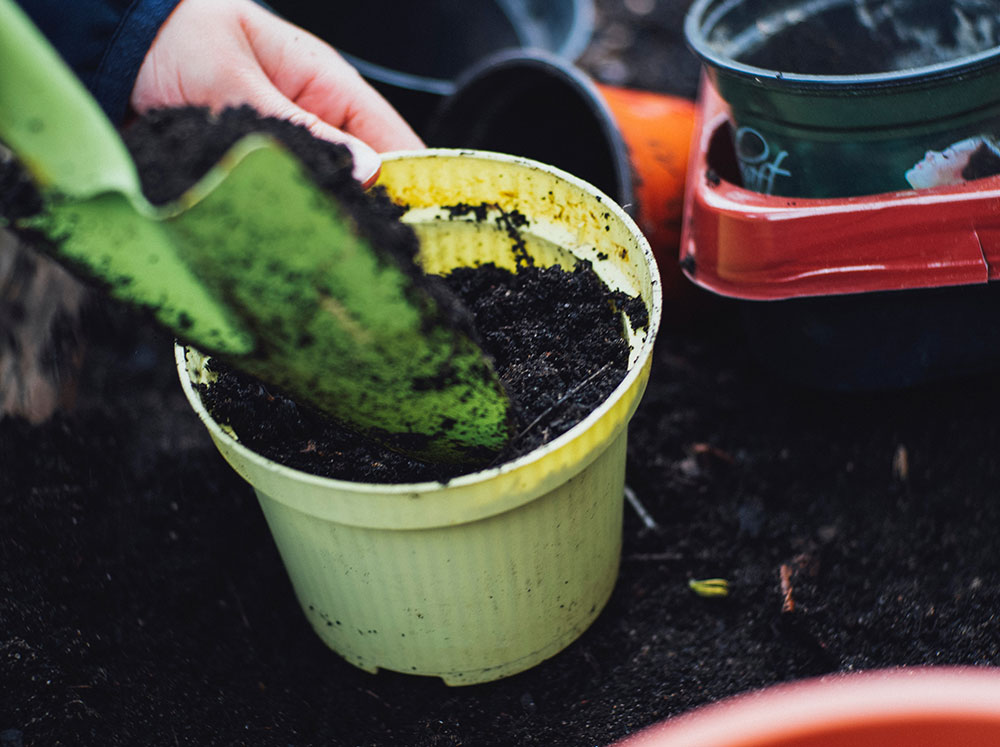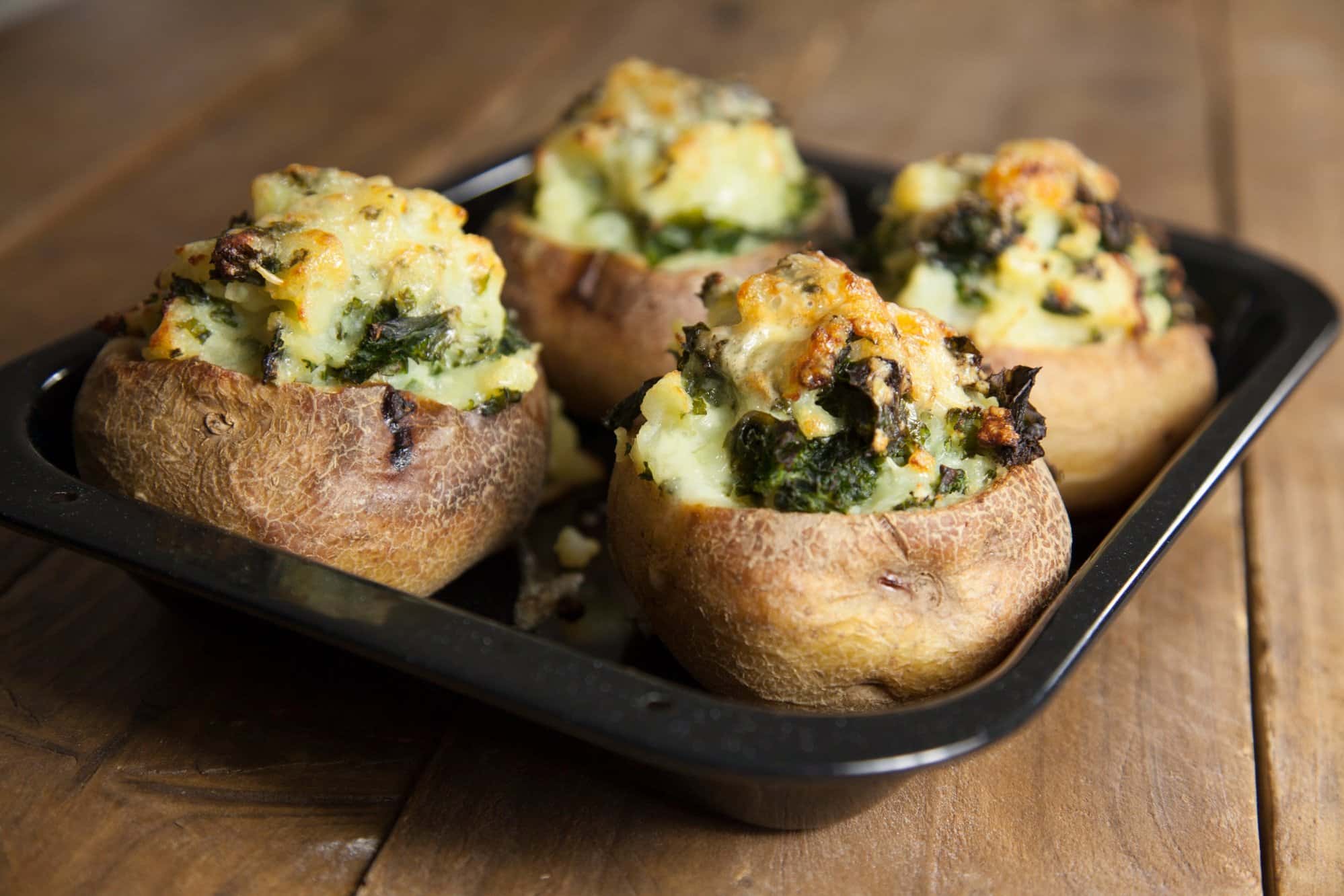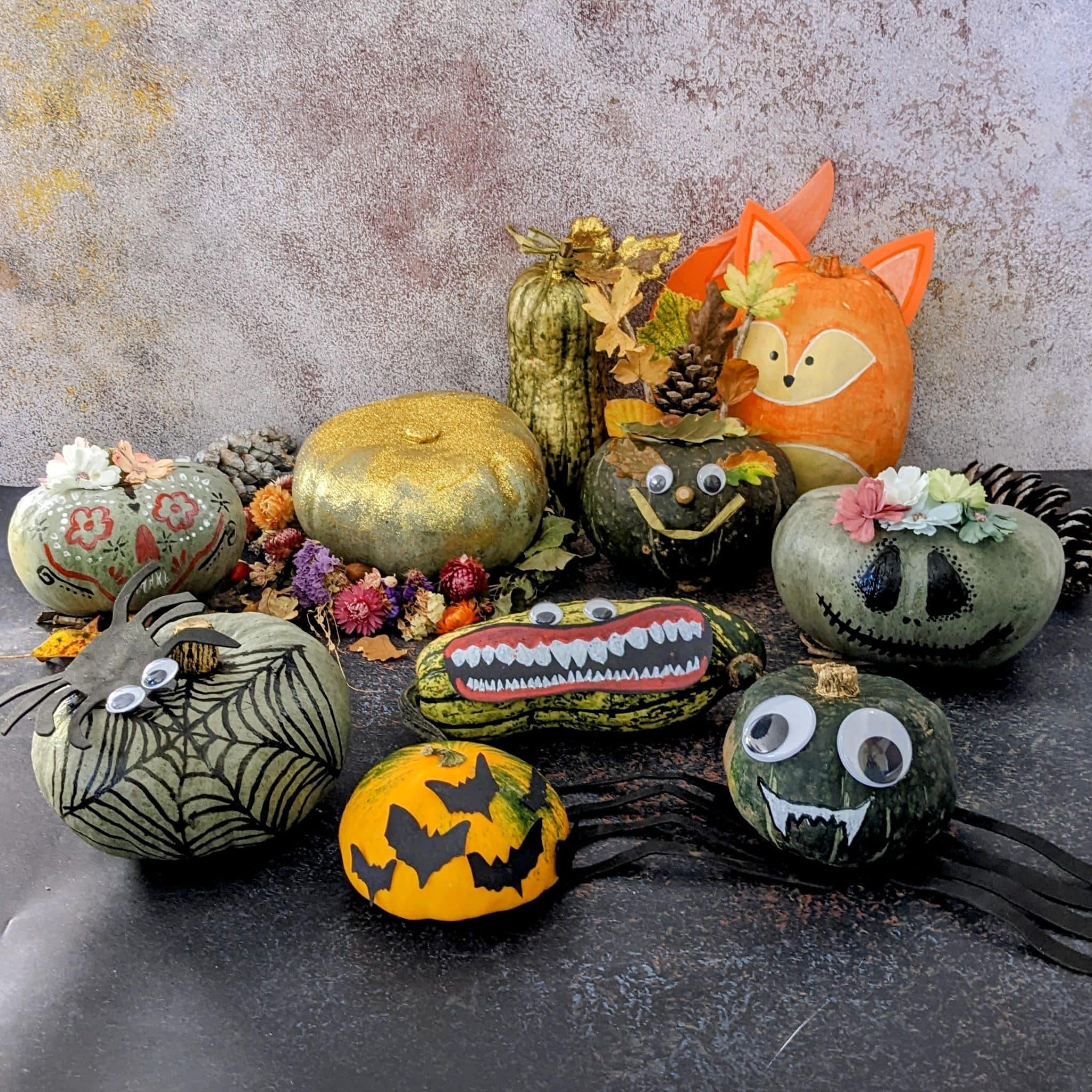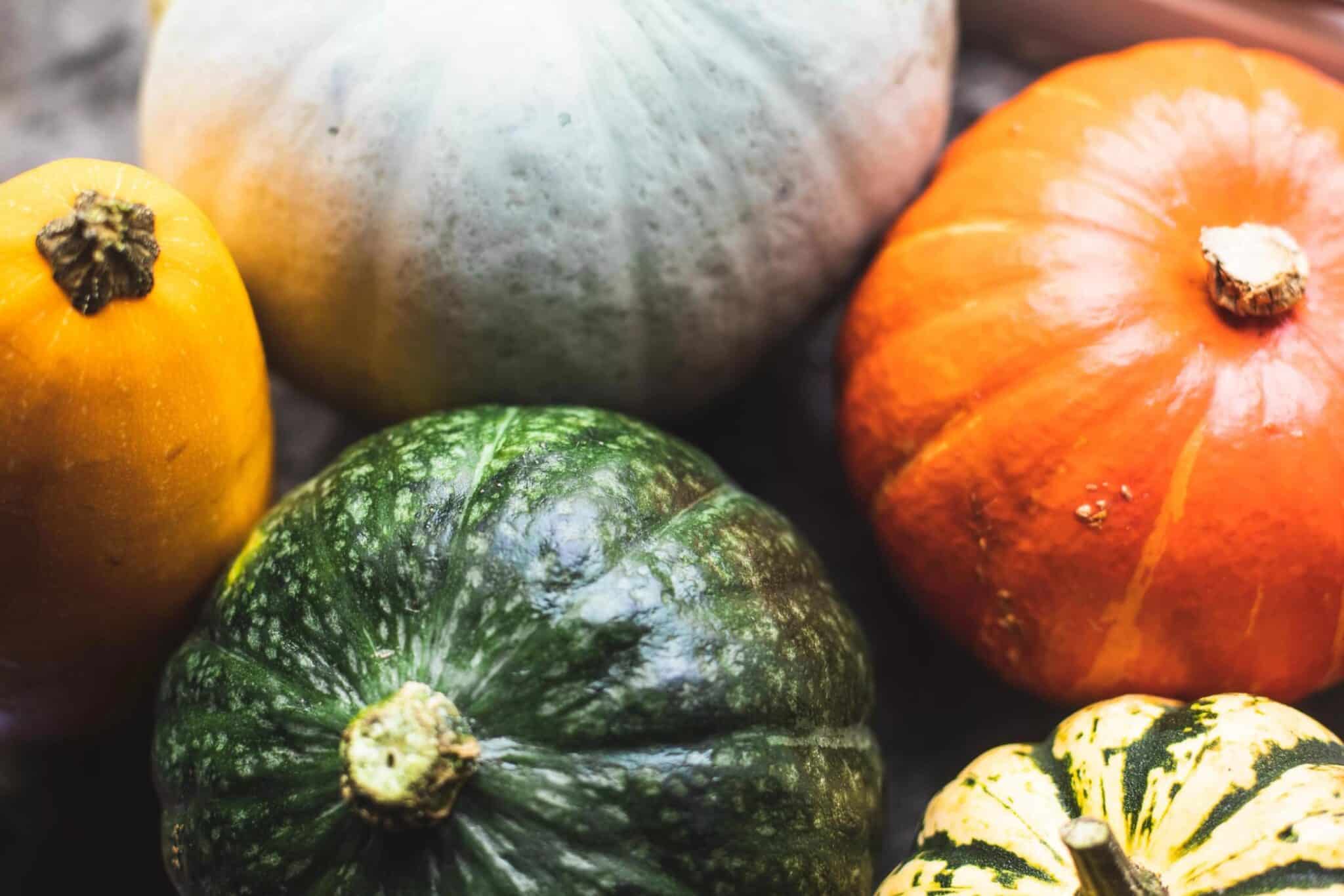If you buy a bag of potting compost, do you look to see what’s in it? Chances are, it will contain peat. Used by the compost-making industry for over 50 years, peat has been extracted on a massive scale – destroying over 90 per cent of the UK’s wonderful rare peat bogs, ruining the homes of birds, aquatic life, insects and rare plants. All so that gardeners can boast about their blooms.
Peat isn’t necessary in the garden. But peat bogs are necessary for the planet. Peat holds more carbon than any other ecosystem. It’s better even than forests. But destroying peat bogs not only cuts out a vital carbon storage system, it also releases the CO2 back into the atmosphere.
It is said that globally, drained and decaying peat bogs release approximately three billion tons per year of CO2 that was previously sequestered, or roughly six per cent of all such greenhouse gas emissions from human activity.
Plus it takes 1,000 years to create just one metre of peat bog. So there is nothing sustainable about using peat.

We know we should cut down on flying, insulate our houses, change to renewable energy – so why don’t we stop using peat in potting compost?
Garden Organic is fighting to get gardeners peat free. Along with the RHS, the National Trust, Friends of the Earth and Soil Association we are urging gardeners and growers to buy peat-free compost. Hassle your local retailer to stock peat-free, and if they don’t – ask why. Yes, it’s a little bit more expensive, but you are now getting a premium product. Because cutting edge research into alternative ingredients has led to peat-free bags outperforming their peat-filled equivalents.
And when it comes to your precious plants, it’s worth that extra pound or two. (As with all potting composts, buying the cheaper version is a mistake which will lead to poor growth and unhealthy plants. You will always regret it.)
And to be super organic, here is how to make your own potting compost. You need some garden soil (loam), leafmould if you have it, homemade compost, and possibly some horticultural sand or grit. Oh, and a sieve. Preferably a garden sieve, not the one used for your home baking.
Here’s three top recipes for homemade, peat-free, delicious potting mixes:
Seed sowing: One part loam with one part leafmould. Mix and sieve to make a fine medium. Add some horticultural sand if your soil is very heavy. Seeds don’t need a high nutrient compost, they carry their own nutrients for germination. Purists bake their loam first (30 mins at a high temperature) to kill the weed seeds which will compete with your little darlings.
Potting on: One part loam with one part homemade compost and one part leafmould (which will help maintain the right water holding capacity). Seedlings and young plants need excellent drainage and a little more nutrient (not too much, or they become leggy without finding their own strength).
Mature plants in pots: equal parts loam and homemade compost mixed. Plants growing for a long time in pots need a good source of slow release nutrients (from the homemade compost) throughout the growing season.
Hanging baskets and fruiting plants such as tomatoes: Regularly feed the above mixture with a liquid feed to give a fertility boost to these hungry high performing plants.
The Grow Your Own Wicked Leeks series is written by Garden Organic, the national charity for organic growing.
Each month we bring you timely advice on what to do in your organic patch. We hope they inspire you on your organic growing journey, whether you’re an experienced grower or just starting out. Share your own tips and gardening photos on social media under #GYOWickedLeeks.












The problem with buying peat-free compost is that many companies use coir or other material which is transported long distance (creating pollution) and uses material which the country of origin actually needs for their soils…. but most gets exported because there is money in it!
Making your own as shown above is the best bet – and get away from using containers – plant in the ground. Be seasonal in your gardening as well as your diet – buy plants bare-rooted in autumn/winter/spring and compost as much of your own garden waste as possible to incorporate when planting – especially on heavy feeders , like roses.
Keep an area of the garden for nettles and comfrey – not only will the bugs and butterflies love you – but you can make a feed or tonic that will give your plants all the nutrients they need…
I am privately boycotting the high profile garden centre near me because they still sell bags of stuff with peat in. Besides knowing what this article states to be wholly true, years ago we were driven through peat extraction areas in Ireland. Oh what utter devastation! No one with a conscience not entirely numbed could ever use peat again after seeing it. And I was brought up by a rhododendron-loving dad who used peat by the sack to plant them, in the 1960s before anyone much knew.
And when it come to the hungry feeding tomatoes etc, I take the advice of Gardeners’ Question Time and use ‘peecycling’ 1:4 with saved rainwater. Works a treat. Your new best friend will be a measuring jug kept for the purpose. But a word of warning, avoid using pee from persons on medication, or at least run a test on some plants you won’t eat. I noticed on first trial that some from a heavily medicated loved one cause deformed leaves so stopped using that source. A word of reassurance: a test of tomatoes grown on lead-polluted sewage sludge showed they seem to have some ability to filter out some pollutants in the heavy metal range. And ideal for purely decorative plants indoor and out.